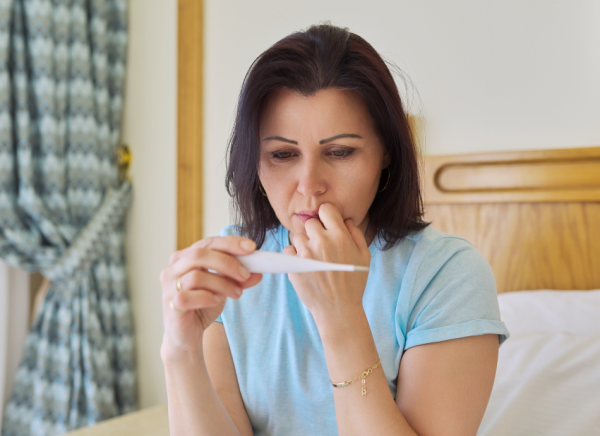Anxiety is a feeling of worry we get when we think something bad might happen. If we think something bad might happen to our physical, mental or social wellbeing (our hauora or health) it’s normal to worry.
For example, if you are waiting for a blood test result, or if someone you love has a lump you think might be cancer, then it’s normal to feel health anxiety.
Health anxiety is not normal when it's:
- Excessive – you have an extreme level of worry.
- Out of proportion – the actual risk something is wrong is very low but your level of worry is very high.
- Persistent – you keep worrying even though your healthcare provider tells you that you're well, or you have tests which come back normal.
- Leading to unhelpful behaviour – like repeated checking of your body, avoiding check-ups or asking your friends for reassurance many times a day.
- Making you very upset or stopping you doing the things you would normally do.
If anxiety about your health is doing these things, then you may have a type of anxiety disorder.
How can it affect me?
Health anxiety can change your daily life for the worse. The constant worry and thinking about your health can lead to increased stress levels, trouble sleeping, and can interfere with your social life and work. It can also strain relationships with friends and whānau. Loved ones may struggle to understand or empathise with your fears. People with health anxiety may push for medical tests to reassure them, which can themselves be risky.
Health anxiety is real to the person who feels it. It’s not the same as malingering, which is making up symptoms or illnesses on purpose. Health anxiety causes real distress and if it's severe it can make your life narrow and joyless.








